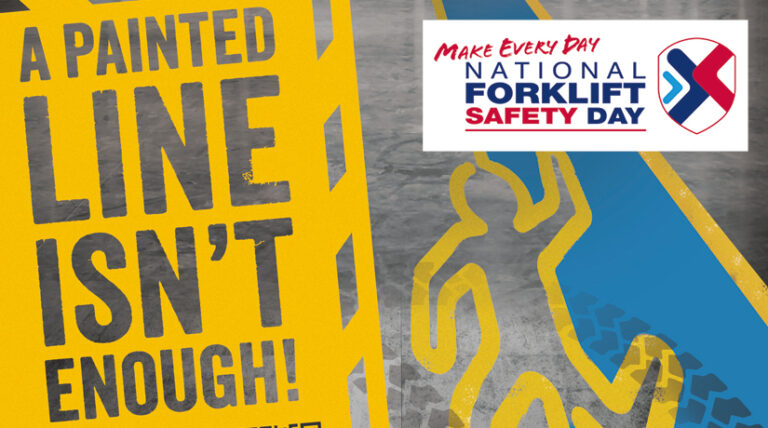Managers take note: the IOSH (Institution of Occupational Safety and Health) recently released an article stating that managers in England and Wales that are charged with gross negligence manslaughter will face longer prison terms, under new court guidelines that come into force in November.
What will the guidelines mean?
An individual could be charged with the offence if their gross breach of a duty of care towards an employee, or any other person, resulted in them being fatally injured at work.
These guidelines mark the first time that the Sentencing Council has provided instructions to the courts on how to deal with offenders and managers convicted of manslaughter, due to gross negligence. The instructions follow a step-by-step approach, similar to that in the guidelines for health and safety offences and corporate manslaughter that were introduced in February 2016.
It addresses culpability, the sentencing range and aggravating and mitigating factors. Several issues can indicate high culpability, including:
- If the negligent conduct was motivated by financial gain or avoidance of cost
- If the offender showed a blatant disregard for a very high risk of death resulting from their conduct
- If they were the leader, in a setting where others contributed to the offence.
A lengthier prison sentence
Where such factors apply, the guidelines set a benchmark prison sentence for managers of eight years, and a range of five to twelve. A combination of these factors could push the offence into the very high culpability range, for which the starting point is 12 years’ custody with a maximum sentence of 18 years.
Speaking to IOSH Magazine, Anna Hart, a senior associate in the healthcare regulatory team at law firm DAC Beachcroft, said:
“In larger organisations it can be difficult to identify one single individual who is solely responsible for a particular breach. The management structure may be sufficiently complex to mean that decisions, acts or omissions are made collectively by more than one person, and the failing ends up being identified as an organisational or systemic issue rather than the gross failing of one individual person.
“In smaller organisations the chain between operational activity and ultimate management decisions can be shorter so it can be much easier to say there was one person who made a decision that directly impacted upon what was happening on the ground.”
She continued: “One of the points within this guideline that organisations need to be wary of is offences that are alleged to be caused as a result of cost saving, or for financial gain. Regulators will always want to ensure that incidents could not have been avoided if a financial saving or cost benefit had been foregone.
“What organisations need to be thinking about when they are making decisions about budgeting and investment in their safety systems is that they have a sound and robust rationale for justifying the level of expenditure, based on sound risk management and not driven solely by financial considerations. They need to remember that this will be one of the first questions: was there a financial aspect to this incident?”
Aggravating factors include previous convictions, if the offender ignored warnings about the risk, or if they involved others through coercion, intimidation or exploitation.
Mitigating features include attempts to assist the victim, or, for reasons beyond the offender’s control, they lacked the necessary expertise or support which contributed to negligent conduct.
The guidelines are part of a suite that also covers manslaughter by reason of loss of control and by reason of diminished responsibility.
They will come into force on 1 November and managers must be applied in cases sentenced after, irrespective of when the offence occurred
*UPDATE FOR 2019*
Negligent managers have indeed faced tougher charges this year because of a failure to put safe systems of work in place. Here is one such case:
A sole director was sentenced to 10 months in prison after a worker was crushed to death by an excavation bucket.
On 7 May 2016, Mr Robert Harvey operated an excavator to lower cement and blocks down into a hole of an excavation pit.
Robert Harvey tipped the the bucket to empty the mortar contents and shouted to Mr Nicholas Hall to ‘scrape out the rest with a shovel’. Nicholas Hall was pinned against the wall by the excavator bucket and died of blunt force injuries to his chest and abdomen.
An investigation by the Health and Safety Executive (HSE) found that Robert Harvey failed to undertake a sufficient assessment of the risks to those who had been instructed to work with him, and operated a long reach excavator without receiving the appropriate training or certification.
Robert Harvey pleaded guilty to breaching Section 7(a) and Section 33(1)(a) of the Health and Safety at Work Act 1974. and was given a 10 month custodial sentence.
HSE Inspector Helen Diamond said: “If a suitable safe system of work had been in place prior to the incident, the death of this worker could have been prevented.”
Read more on the article here
What preventative measures can you introduce?
At ZoneSafe, people and asset protection specialists, we offer accident protection with our range of proximity warning and alert systems. Using innovative identification and detection technologies, ZoneSafe significantly reduces the risk of accidents, injury and damage to people and assets on work sites.
ZoneSafe also provides companies with a high level Quality Management Information system. This allows management at all levels to constantly monitor their daily risks, track improvements, and then to ultimately take suitable corrective action.
To find out more, contact us at www.zonesafe.net




